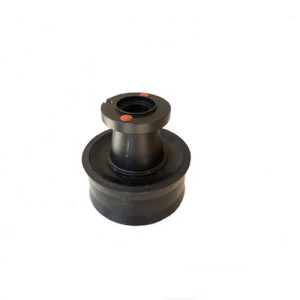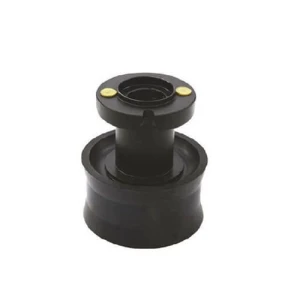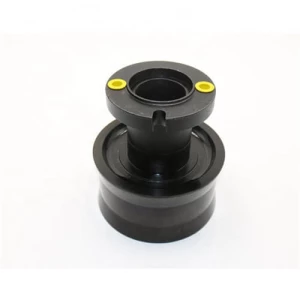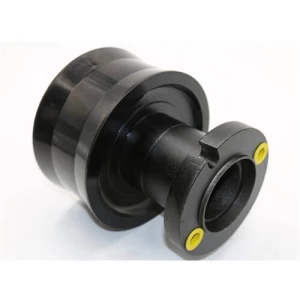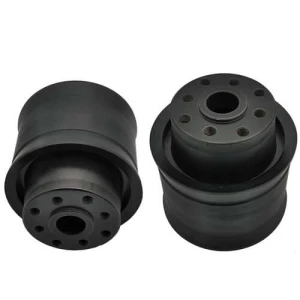Best Drill Bits for Masonry & Concrete
When working with tough materials like masonry and concrete, having the right drill bits makes all the difference. Whether you're a professional contractor or a DIY enthusiast, understanding the different types, features, and applications of these specialized tools will help you complete your projects efficiently and safely.
How to Find Reliable Drill Bits for Masonry & Concrete from China in 2025
China remains the world's leading manufacturer of drill bits for masonry & concrete, offering both quality and affordability. To find reliable suppliers:
- Check Alibaba's Gold Supplier status for vetted manufacturers
- Look for ISO 9001 certified factories
- Review customer feedback and order volume
- Request material certifications (especially for tungsten carbide tips)
- Ask for samples before large orders
Top production hubs include Zhejiang, Guangdong, and Jiangsu provinces, where many manufacturers combine advanced CNC technology with skilled craftsmanship.
What Buyers Should Know Before Buying Drill Bits for Masonry & Concrete from China
When sourcing from China, pay attention to:
- Material quality: Genuine tungsten carbide tips last 5-10x longer than inferior alloys
- Shank type compatibility (SDS-plus, SDS-max, or hex)
- Minimum order quantities (typically 100-500 pieces)
- Shipping costs and lead times (air vs. sea freight)
- Custom packaging options for retail sales
Many Chinese manufacturers now offer OEM services, allowing you to brand the products with your logo and packaging.
Types of Drill Bits for Masonry & Concrete
The three main categories are:
- Rotary hammer bits: Designed for hammer drills, with SDS shanks for impact drilling
- Masonry twist bits: Standard fluted design for light-duty work
- Diamond core bits: For large diameter holes (1" and up) in reinforced concrete
Each type serves different purposes, from installing shelf brackets to running plumbing through foundation walls.
Functions and features of Drill Bits for Masonry & Concrete
High-quality bits include:
- Precision-ground tungsten carbide tips for clean penetration
- Spiral flutes to remove dust efficiently
- Heat-treated steel bodies for durability
- Anti-vibration grooves for smoother operation
- Laser-etched size markings that won't wear off
Premium options may feature nano-coatings that reduce friction and extend bit life by up to 30%.
Scenarios of Drill Bits for Masonry & Concrete
These specialized bits are essential for:
- Installing concrete anchors and fasteners
- Running electrical conduits through block walls
- Creating holes for plumbing in foundations
- Mounting outdoor fixtures on brick surfaces
- Demolition work requiring precise hole placement
A contractor reported completing a balcony railing installation 40% faster after switching to premium carbide-tipped bits.
How to Choose Drill Bits for Masonry & Concrete
Consider these factors:
- Material hardness: Reinforced concrete requires more durable bits than soft brick
- Hole diameter: Match bit size to your anchor or fastener requirements
- Drill compatibility: Ensure the shank matches your tool (SDS, hex, etc.)
- Project scale: Frequent use warrants investment in professional-grade bits
- Cooling features: Some bits have channels for water cooling in continuous use
Drill Bits for Masonry & Concrete Q & A
Q: How many holes can one bit make?
A: A quality carbide bit can drill 50-100 holes in concrete before needing replacement.
Q: Why do my bits keep breaking?
A: This usually indicates either excessive pressure, incorrect rotation speed, or using dull bits.
Q: Can I use these bits in a regular drill?
A: Twist bits work in standard drills, but hammer drill bits require impact functionality.
Q: What's the difference between SDS-plus and SDS-max?
A: SDS-max handles larger diameters (over 1/2") and heavier drilling applications.
Q: How do I store masonry bits properly?
A: Keep them in a dry place, preferably in original cases or bit holders to prevent tip damage.























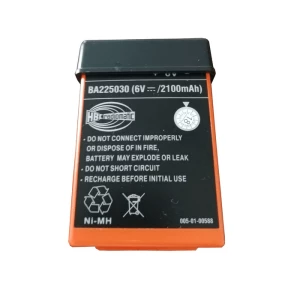
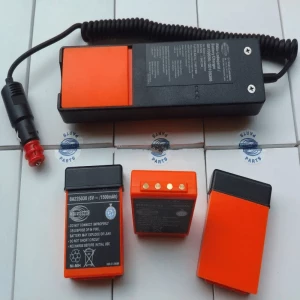




.png_300x300.webp)
































